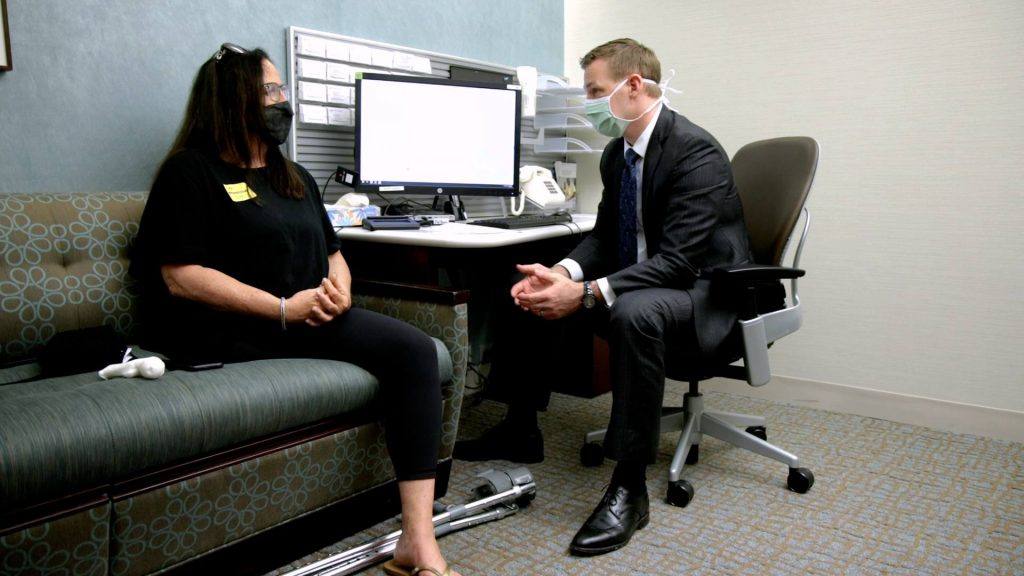-
Minnesota
Mayo Clinic launches first national collaborative Limb Loss and Preservation Registry

ROCHESTER, Minn. — Mayo Clinic has received authorization from the Federal Risk and Authorization Management Program to begin operating the Limb Loss and Preservation Registry, a national collaborative warehouse for data on people who have lost limbs and may or may not have access to prosthetics. The registry will be the first of its kind in the U.S.
The goal of the Limb Loss and Preservation Registry is to generate knowledge about which advances make a difference in the care of people with limb loss and limb difference. Mayo is in sole charge of registry development and operations, reporting to the National Institutes of Health and the Department of Defense.
Mayo won the competitive federal contract and has been developing a network of health care team members, researchers, regulators, industry representatives and patient groups to communicate their goals and collect information that has not previously been assembled. The project will alleviate significant data gaps about limb loss in the U.S.
"Until now, there has been little evidence on effective clinical practices and technologies in this field," says Kenton Kaufman, Ph.D., a Mayo Clinic researcher and head of the project. "This data repository is being hailed as the first national registry of its kind, geographically and demographically providing data that will improve prevention, treatment and rehabilitation efforts for this population."
The Federal Risk and Authorization Management Program is a program that promotes the adoption of secure cloud services across the federal government by providing a standardized approach to security and risk assessment for cloud technologies and federal agencies. The Limb Loss and Preservation Registry is vitally necessary for the future of patient care, technology advances, and a range of other sustainable efforts in the prosthetic field, says Dr. Kaufman. The data gap is considerable. In some cases, available statistics are over two decades old, and longitudinal data has never been collected.
The registry will help manufacturers with data and feedback on how to improve the next generation of prosthetic devices. It will show insurers possible alternatives to amputation and how devices can improve patient lives. Data will help hospitals and therapists understand long-term use of prosthetics and reasons why problems may occur after patients leave rehabilitation centers. Overall, the registry will help clinicians make the best-informed considerations about prosthetics and treatments.
The Thought Leadership & Innovation Foundation will help Mayo Clinic create the database. The foundation is a nonprofit organization that works at the nexus of science, technology and public health. It will build the centralized data warehouse and analyze data that will lead to improved care and patient outcomes.
"The Limb Loss and Preservation Registry addresses a substantial public health knowledge gap by giving stakeholders the ability to analyze data by age, gender, type of limb loss or preservation surgery and prosthetic device," says Reed Hartley, executive director of the Thought Leadership & Innovation Foundation. "This will refine rehabilitation approaches and guide improvement of devices for people with limb loss."
To learn more about the registry, visit its website.
###
About Mayo Clinic
Mayo Clinic is a nonprofit organization committed to innovation in clinical practice, education and research, and providing compassion, expertise and answers to everyone who needs healing. Visit the Mayo Clinic News Network for additional Mayo Clinic news.
Media contact:
- Bob Nellis, Mayo Clinic Public Affairs, newsbureau@mayo.edu







